Vietnamese, and when entering high school, it is called literature, is considered the subject "with the most influence in each person's life", is one of the 2 compulsory subjects in the high school graduation exam, the 10th grade entrance exam...
How to learn Vietnamese well, to adapt to innovations in exams and apply them effectively in life?
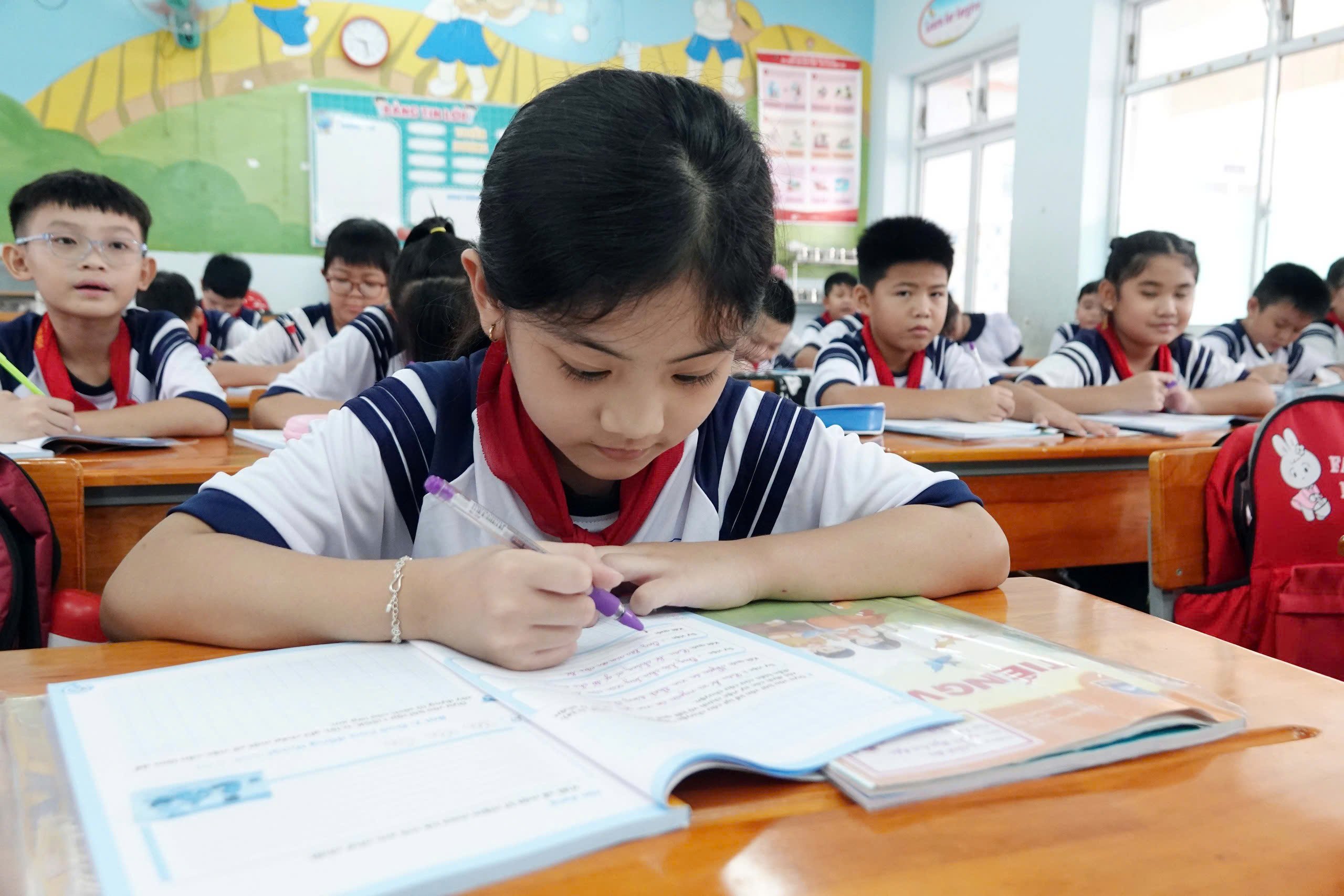
Primary school students have many opportunities to practice reading, writing, speaking and listening skills in Vietnamese under the new program.
PHOTO: DAO NGOC THACH
Experts say this is not only a story of the education sector, in the context of implementing the 2018 General Education Program, but also the responsibility of families and society in the era of globalization.
P HAT HUY "EXTENDED READING", "CREATIVE WRITING"
Most of the students in grade 3/5, Luong Dinh Cua Primary School, District 3, Ho Chi Minh City, look forward to Vietnamese class. Mr. Cao Hoang Huy, the homeroom teacher, often spends a lot of time on the extended reading section, so that students can enthusiastically talk about the books they have read at home, about each specific topic suggested by the teacher. During this class, students in the class also show each other the reading sheets they have completed, each person may bring a story, the meaning they discover is different.
"The 2018 General Education Program focuses on students as the center, developing learners' abilities. Teachers are guides so that students can explore, discuss in groups more, and be more proactive in the learning process. For Vietnamese language, the new program focuses on training students' reading and writing skills," Mr. Huy shared.
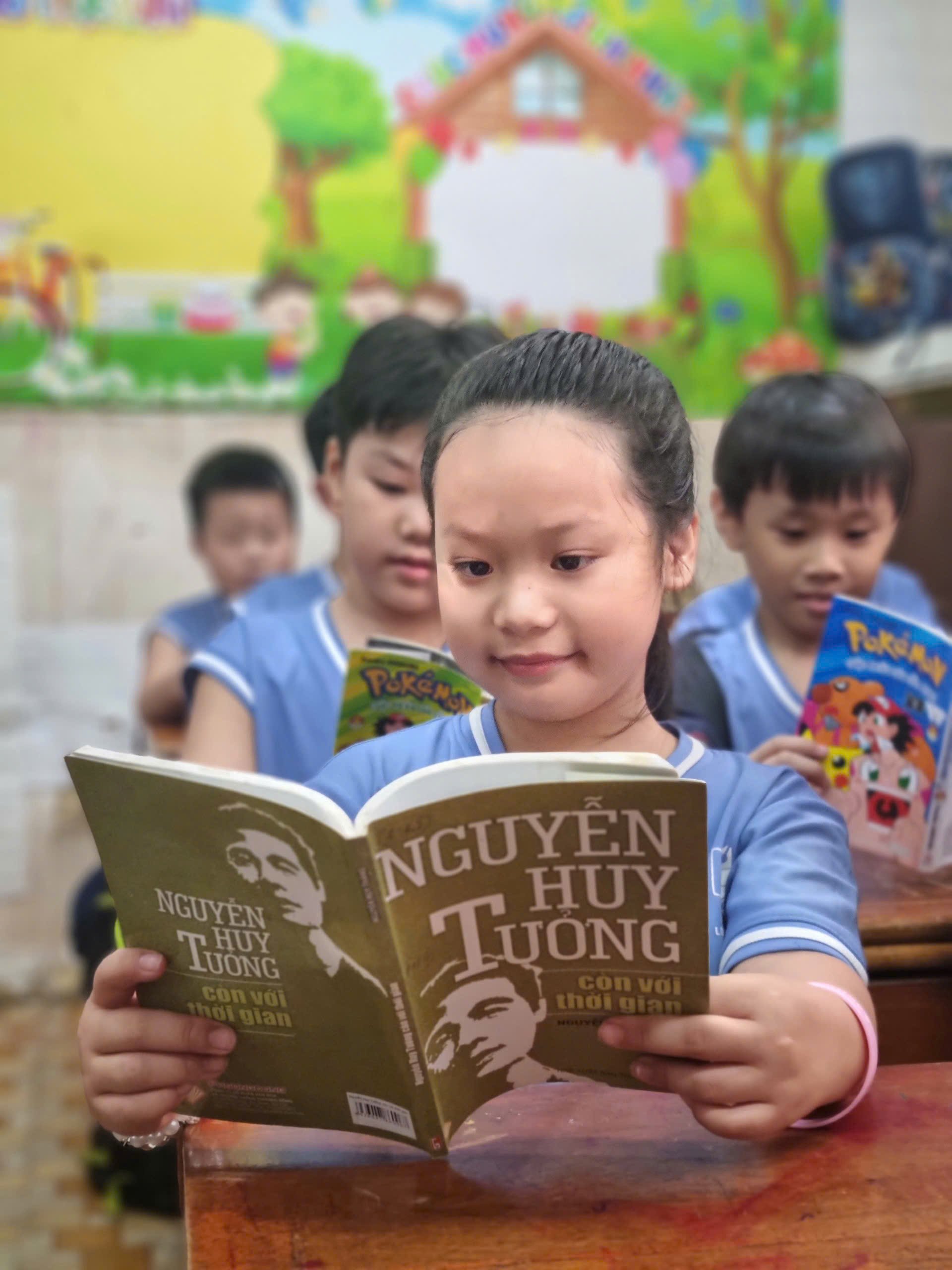
Students of grade 3/5 at Luong Dinh Cua Primary School, District 3, Ho Chi Minh City, read more books in the extended reading section during Vietnamese class.
"The extended reading section encourages students to explore and read many books from online learning resources, libraries, books, and family newspapers. Then, students discuss and share with teachers and friends. Thus, the book may only teach one text, but after a day, students can share up to 20 other works with each other, expanding their vocabulary," Mr. Huy added.
At the same time, according to Mr. Huy, the new program encourages teachers and students to pay attention to creative writing, helping students from primary school to escape from model essays and "similar" essays, creating paragraphs and essays with personal imprints. This is assessed by Mr. Huy as an important step in preparing the foundation for students at higher levels, especially when participating in important exams such as 10th grade entrance exams and high school graduation exams, the literature exam will not include works in textbooks, requiring students' reading ability and reading culture to be higher.
POSITIVE CHANGES FROM THE NEW PROGRAM
Mr. Ha Thanh Hai, Deputy Head of the Department of Education and Training of District 7, Ho Chi Minh City, said that for the Vietnamese language subject at primary school level, the new program is designed in an open direction and focuses on equipping the four skills of reading, writing, speaking and listening. "Why is the order of the skills reading, writing, speaking, listening and not listening, speaking, reading, writing? Because, before entering primary school, students have learned and practiced two skills of speaking and listening. In the "listening" skill, the new program focuses on listening comprehension skills. In "speaking", the new program focuses on interactive speaking skills in dialogue and conversation," Mr. Ha Thanh Hai added.
Mr. Hai gave many examples showing that learning Vietnamese is currently attractive and highly applicable to primary school students. In order for students to speak naturally, without being forced to imitate, the new program focuses on creating natural communication situations, related to students' real lives, so that they have the opportunity to practice speaking and listening skills.
Dr. Tran Thi Quynh Nga, senior lecturer, Faculty of Primary Education, Hue University of Education, said that the 2018 General Education Program aims to develop students' qualities and abilities. From the perspective of teaching Vietnamese at the primary level, the new points in educational goals and content, expressed through the requirements to be achieved and the specific Vietnamese language and literature knowledge content for each class, as well as the orientation of innovative methods, Dr. Nga believes that the new program has created positive changes in schools.
"If in the first school year 2020 - 2021, when the new 1st grade textbooks entered schools, some teachers were still hesitant to approach and connect, now, with initial experiences, we see that teachers clearly understand the requirements, knowledge streams, and are flexible in applying active teaching methods and techniques. Students also have many opportunities to practice reading, writing, speaking and listening skills on the basis of new Vietnamese teaching materials, suitable for their psychological and thinking characteristics," said Dr. Nga.
No matter how integrated and globalized we are, we cannot ignore Vietnamese; because that is not culturally correct, not in line with the orientation of primary education.
Ms. Lam Hong Lam Thuy
(Head of Primary Education Department, Ho Chi Minh City Department of Education and Training)
MORE EFFORTS FROM PARENTS AND SCHOOLS NEEDED
Ms. Le Thi Yen Oanh, Vice Principal of Dao Son Tay Primary School, Thu Duc City, Ho Chi Minh City, believes that parents should not stand aside in fostering their children's love for Vietnamese language and literature, nurturing their love for their mother tongue and Vietnamese culture. There are very simple ways to do this, such as parents need to talk and converse with their children more about everyday stories, life issues, and guide their children in reading books. Grandparents and parents should read Vietnamese fairy tales, folk songs, and proverbs to their children... Parents should go shopping for books with their children, read good stories with their children, introduce them to good books suitable for their age, and then discuss with their children the meaning of the words...
Dr. Tran Thi Quynh Nga said that if teachers pay more attention to a few things, in the next few years, the effectiveness of teaching Vietnamese in primary schools in particular, and subjects and educational activities in general in the new program, will be confirmed.
First, teachers need to read and analyze the requirements more thoroughly and closely connect the program with the textbook. This helps teachers quickly grasp the ideas of the lesson, the destination in forming new knowledge or in practicing reading, writing, speaking and listening skills. Next, when reading and studying a specific lesson, teachers need to get into the habit of putting it in the system - that is, considering that lesson in the reading, writing, speaking and listening skills, the knowledge - to ensure systematicity, scientificity and not "waste" teaching materials that have been designed according to the integration principle. At the same time, Ms. Nga believes that in some lessons, teachers need to carefully analyze the level of suitability for students in each region, thereby choosing the core content, avoiding being too general.
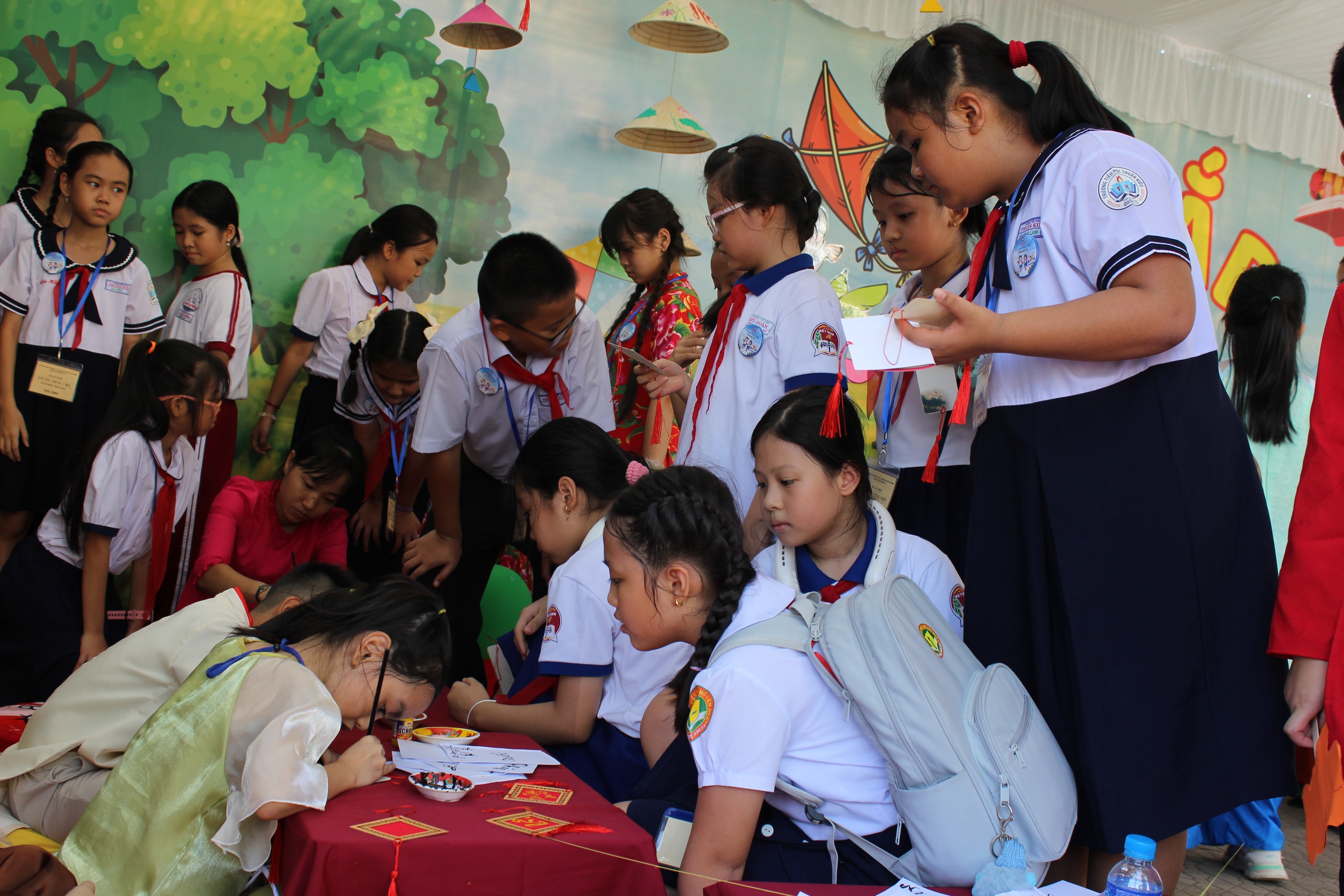
Primary school students participate in the exchange festival with the theme "I love Vietnamese"
"Vietnamese language and literature is a subject that is favorable for integration, including many goals such as integrating environmental protection education, integrating education on ideals, ethics, lifestyle, integrating human rights education for students... But teachers need to filter out when installing these integrated contents into Vietnamese lessons in primary school so that students are truly excited and ready to "transform" them into life values for themselves," Dr. Nga shared.
CANNOT UNDERESTIMATE VIETNAMESE
From the perspective of a professional and management officer, Ms. Lam Hong Lam Thuy, Head of the Primary Education Department, Ho Chi Minh City Department of Education and Training, affirmed: "Vietnamese is the mother tongue, from the beginning children have been exposed to reading, listening, speaking, and writing. When entering school, some students learn many foreign languages, their ability to communicate in Vietnamese is more limited than their peers. However, in this story, it is necessary to determine the responsibility of all parties: family, school, and society in maintaining and developing Vietnamese language skills for children. No matter what foreign language children use at school, when they return home, parents and grandparents need to communicate with their children in Vietnamese, and Vietnamese cannot be lost in the family. No matter how integrated and globalized, Vietnamese cannot be overlooked; because that is not in line with the culture, not in line with the orientation of primary education".
Love Vietnamese from practicing handwriting
On November 22, after 5 years of implementing the 2018 General Education Program, for the first time, the Ho Chi Minh City Department of Education and Training organized a primary school student exchange festival with the theme "I love Vietnamese".
Ms. Lam Hong Lam Thuy, Head of the Primary Education Department, Ho Chi Minh City Department of Education and Training, said that preserving and loving Vietnamese can be demonstrated by practicing each person's handwriting. Nowadays, with the development of science and technology, many people take handwriting lightly. However, Ms. Thuy affirmed that practicing handwriting is very necessary for students, especially when they are still primary school students, because "handwriting is a person's character". Besides, learning Vietnamese is not only about practicing handwriting, practicing writing, writing letters, writing applications, knowing how to be neat in the layout, making sentences, presenting documents..., but also developing reading - speaking - listening skills, with the mother tongue. All of these skills are the foundation for learning other subjects and are applied, creating influences on students throughout their lives.
Source: https://thanhnien.vn/hoc-va-giu-tieng-viet-thoi-toan-cau-hoa-185241125210944239.htm





![[Photo] General Secretary To Lam chairs the meeting of the Personnel Subcommittee of the 14th Party Congress](https://vstatic.vietnam.vn/vietnam/resource/IMAGE/2025/3/25/d651a3f3496c46ad8217ba75535ecafa)
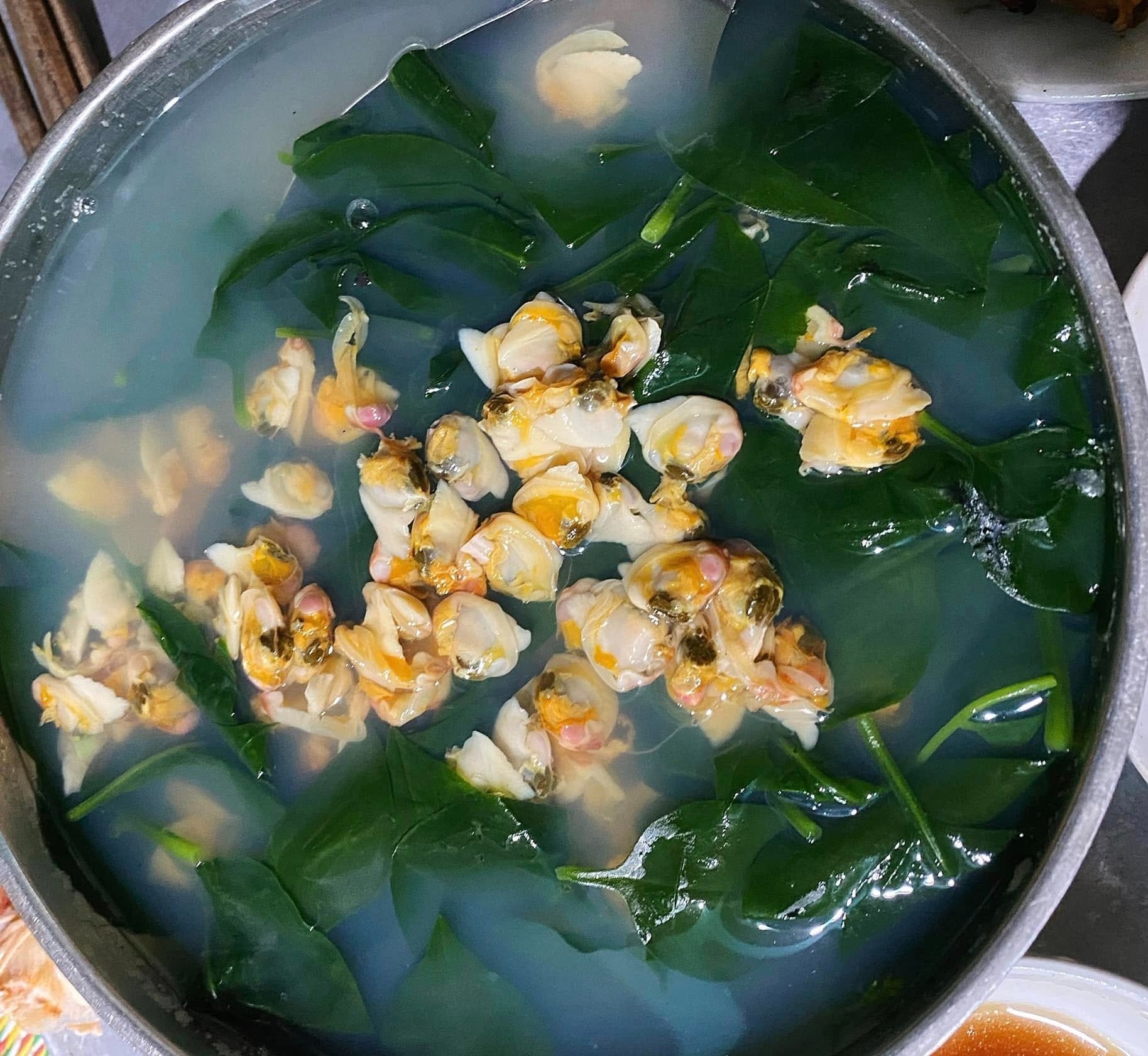
![[Photo] National Assembly Chairman Tran Thanh Man chairs the conference of full-time National Assembly deputies](https://vstatic.vietnam.vn/vietnam/resource/IMAGE/2025/3/25/bb5336c21d084a62b9f7e3d09e00df0b)
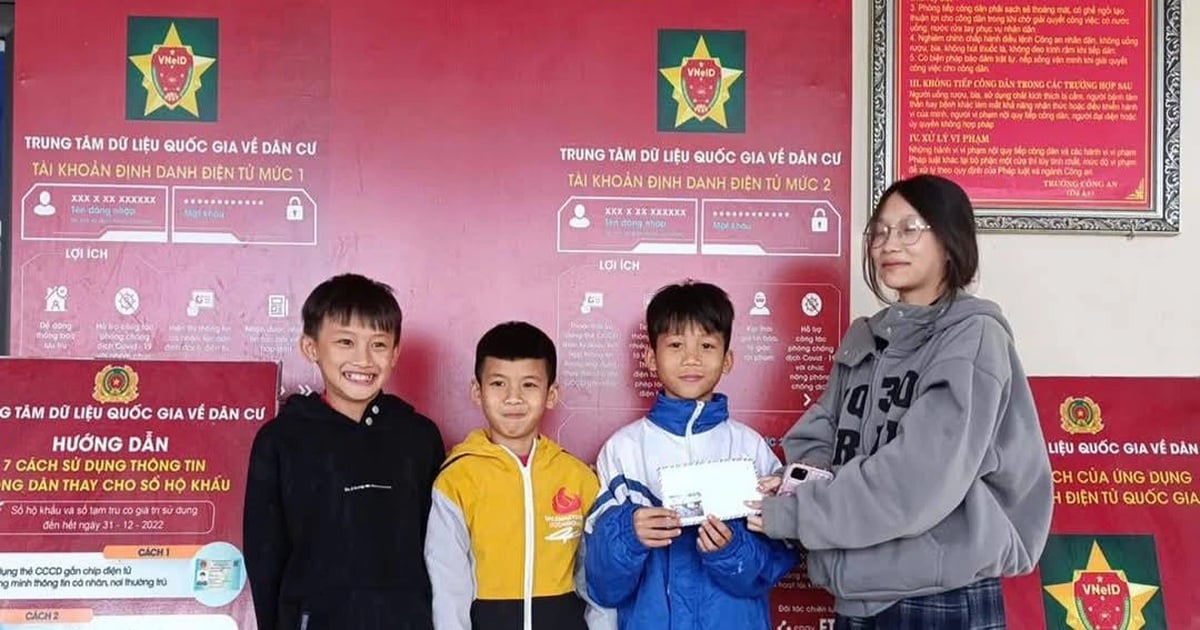

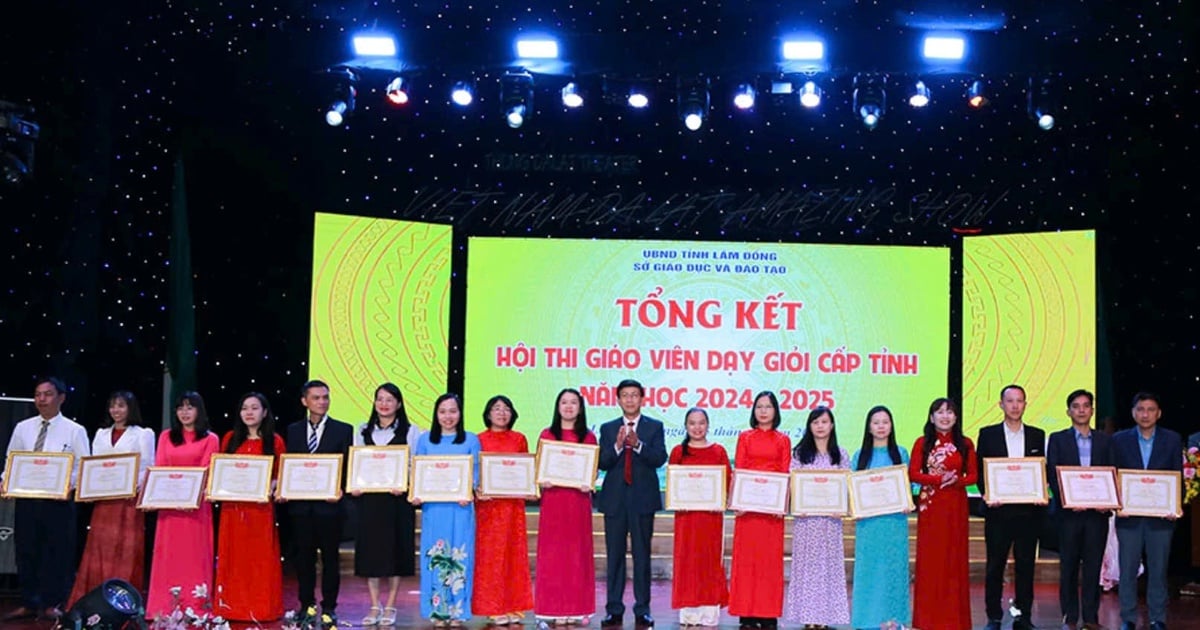
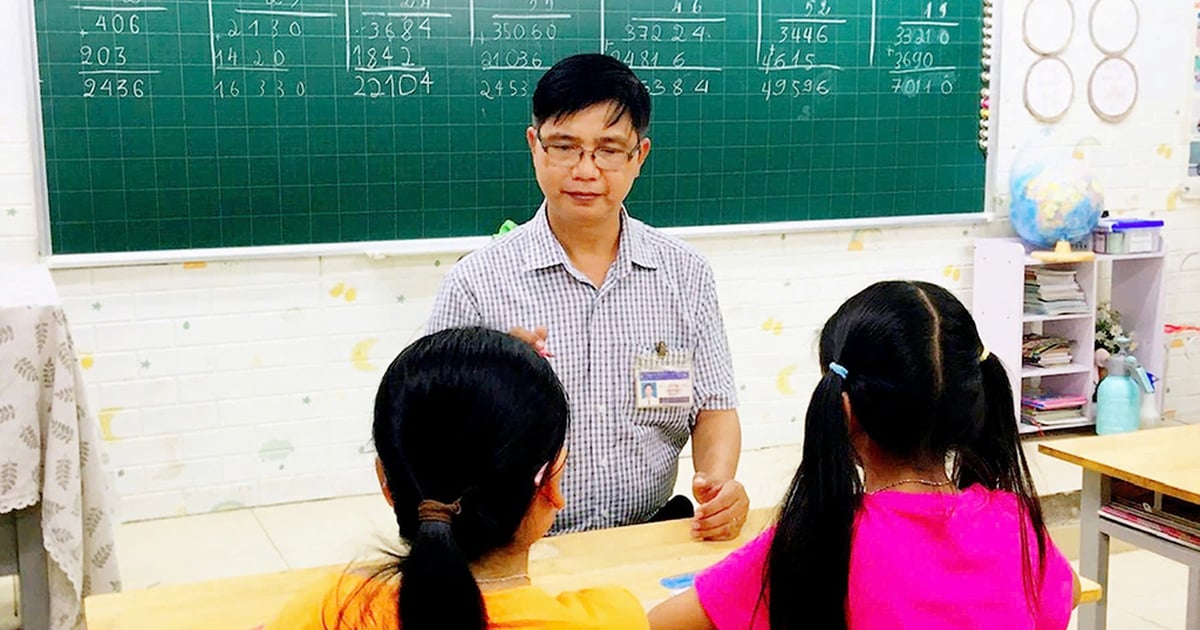
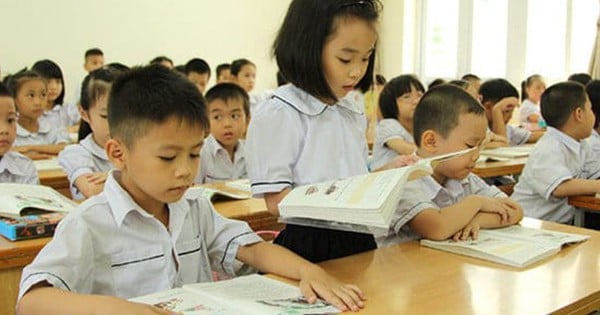

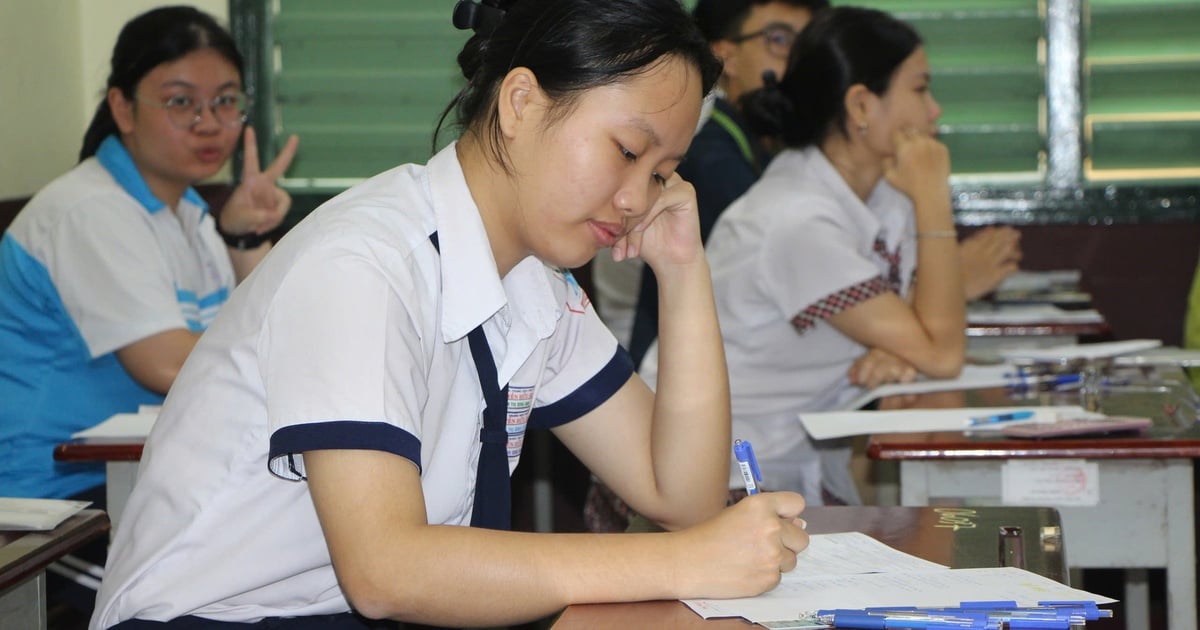
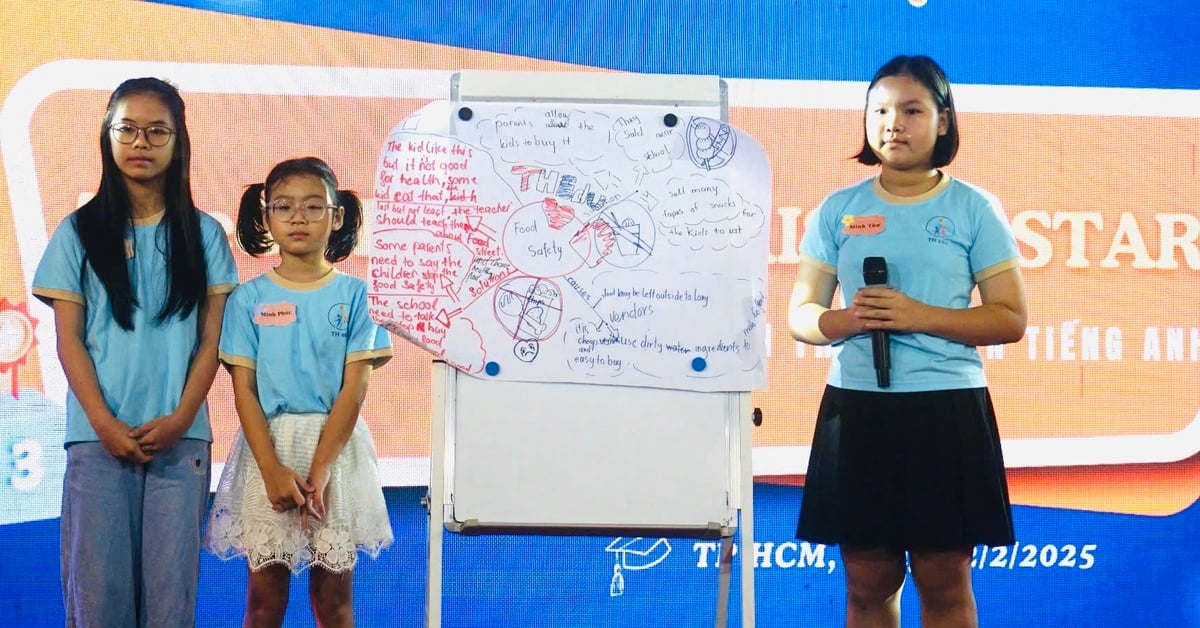

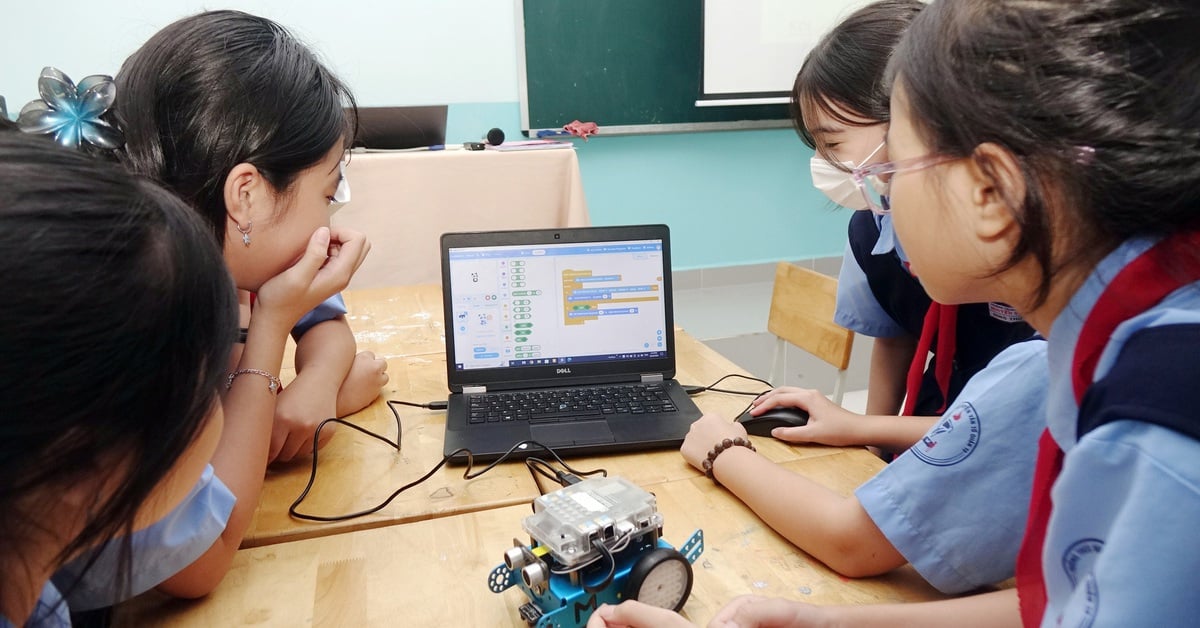
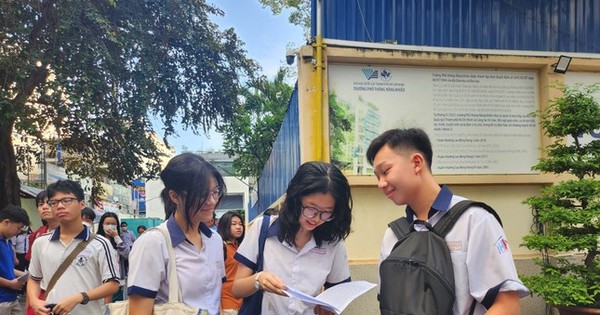
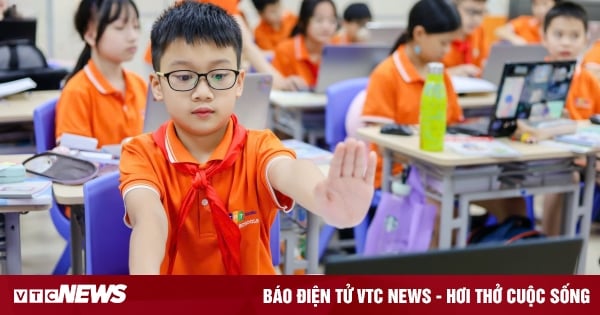
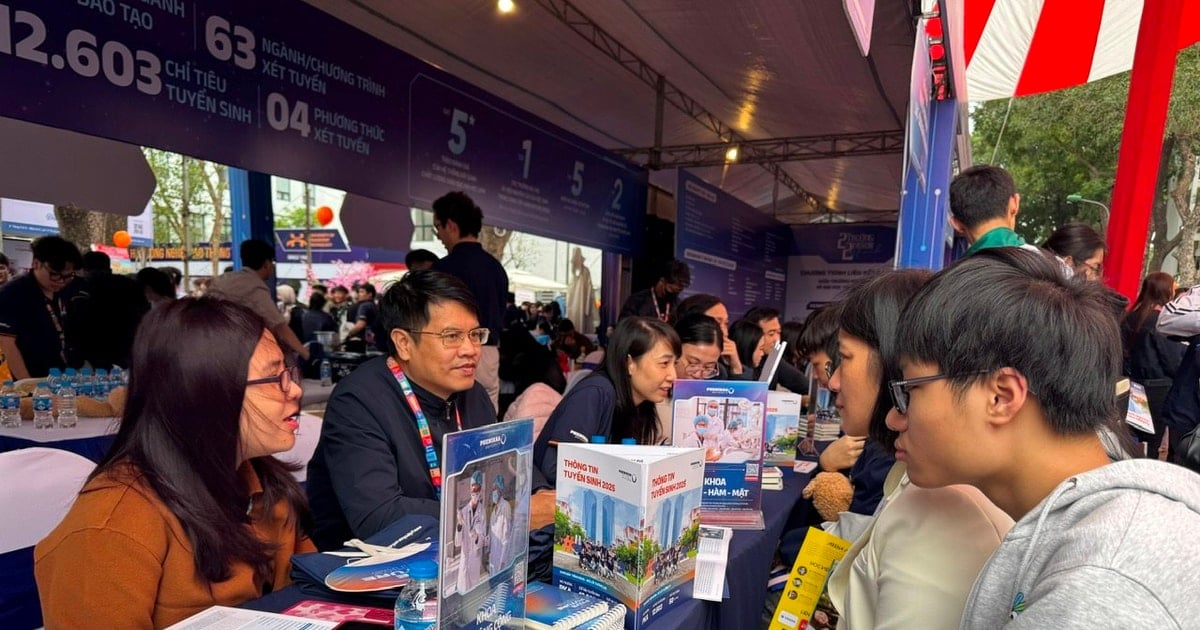






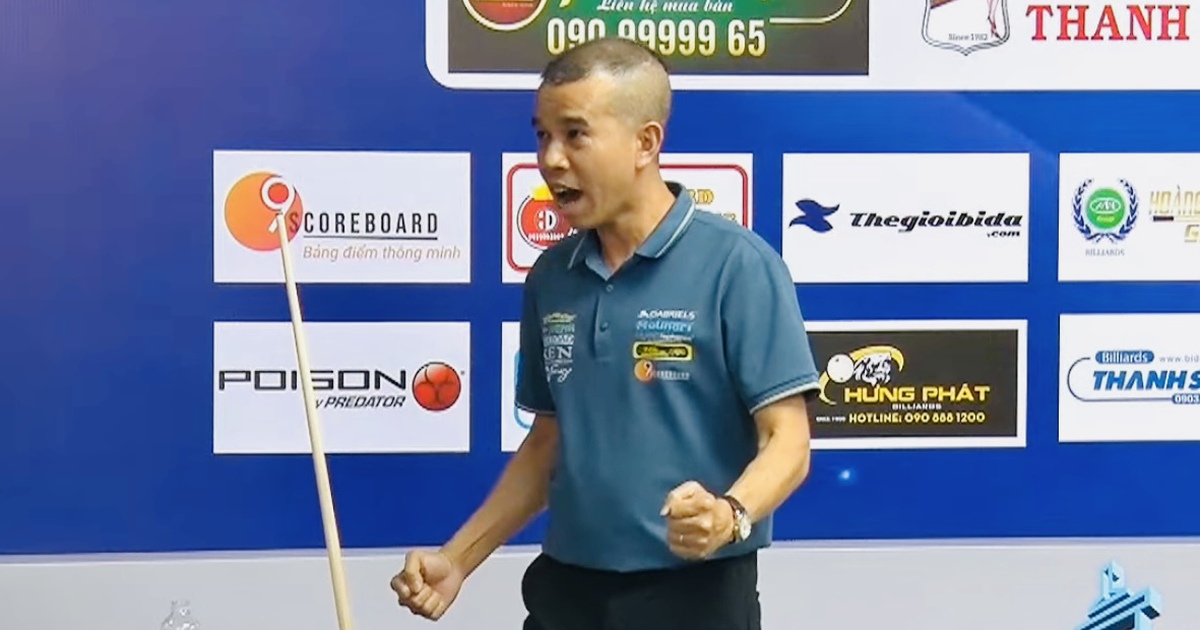
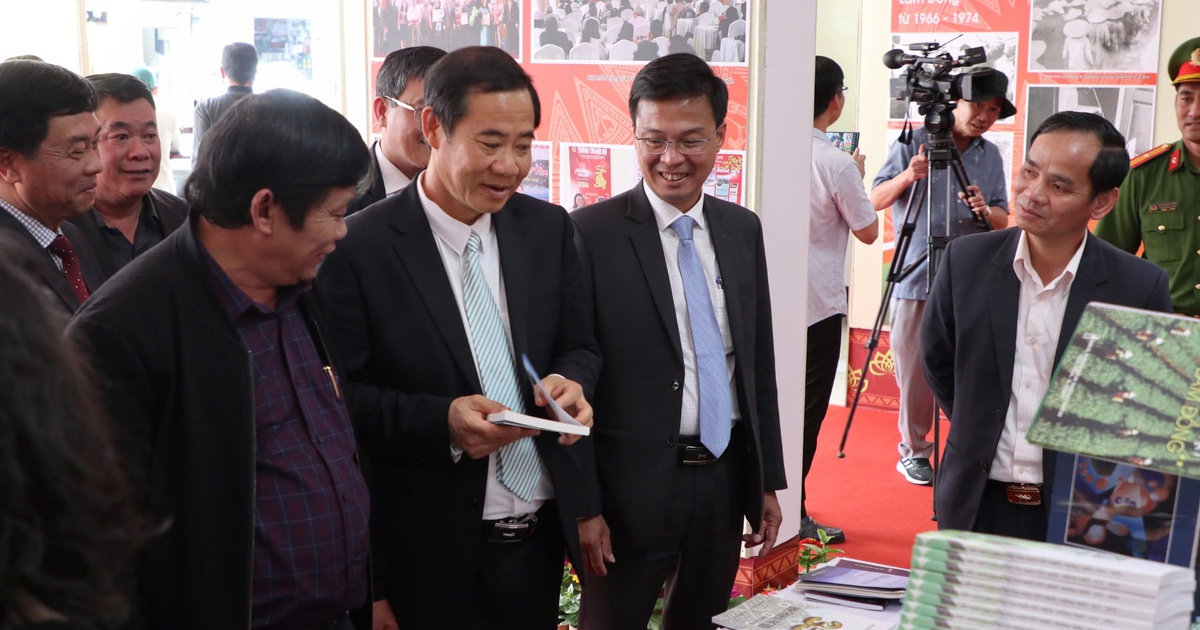






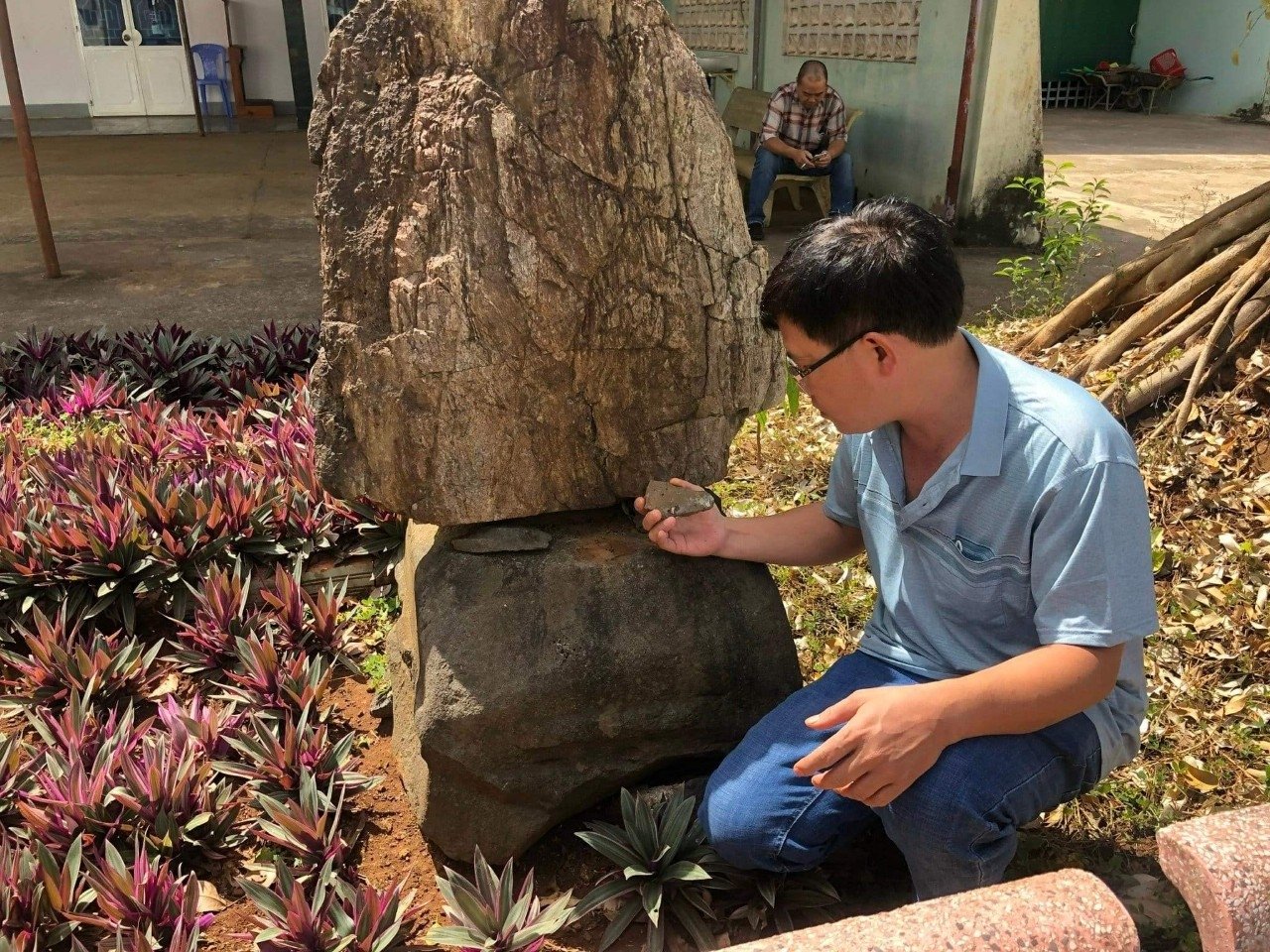

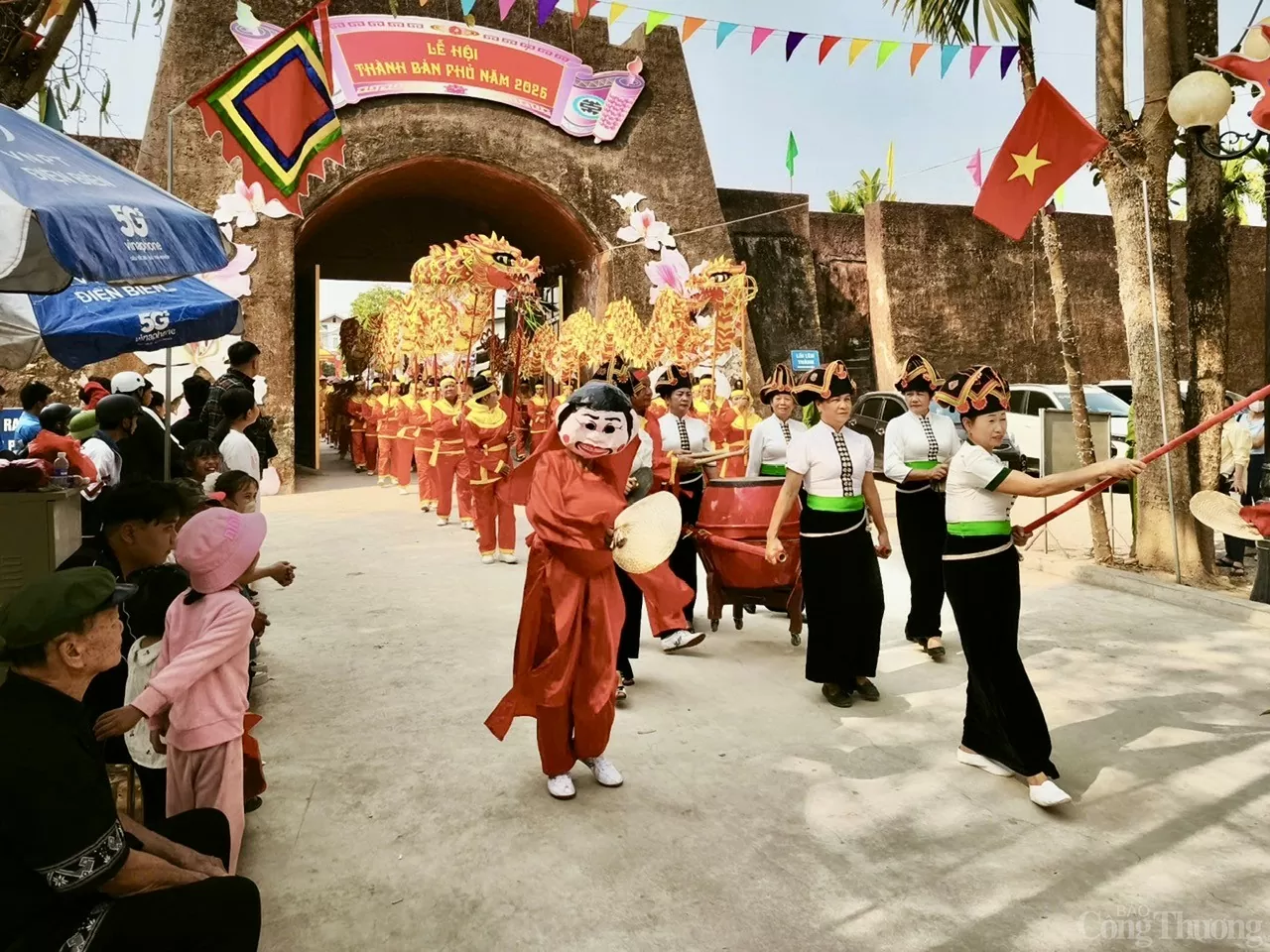



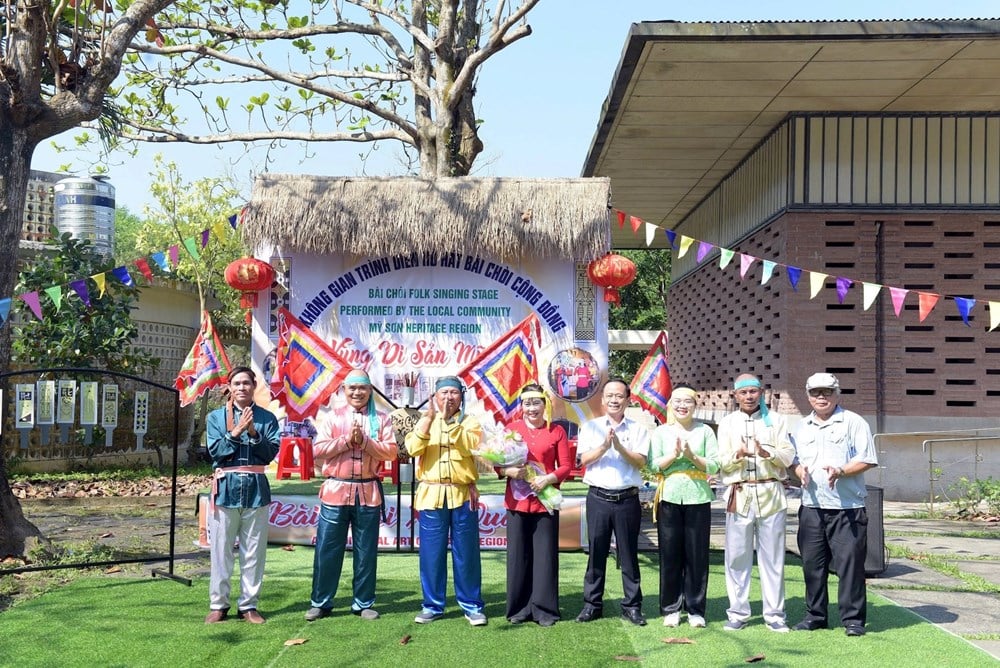



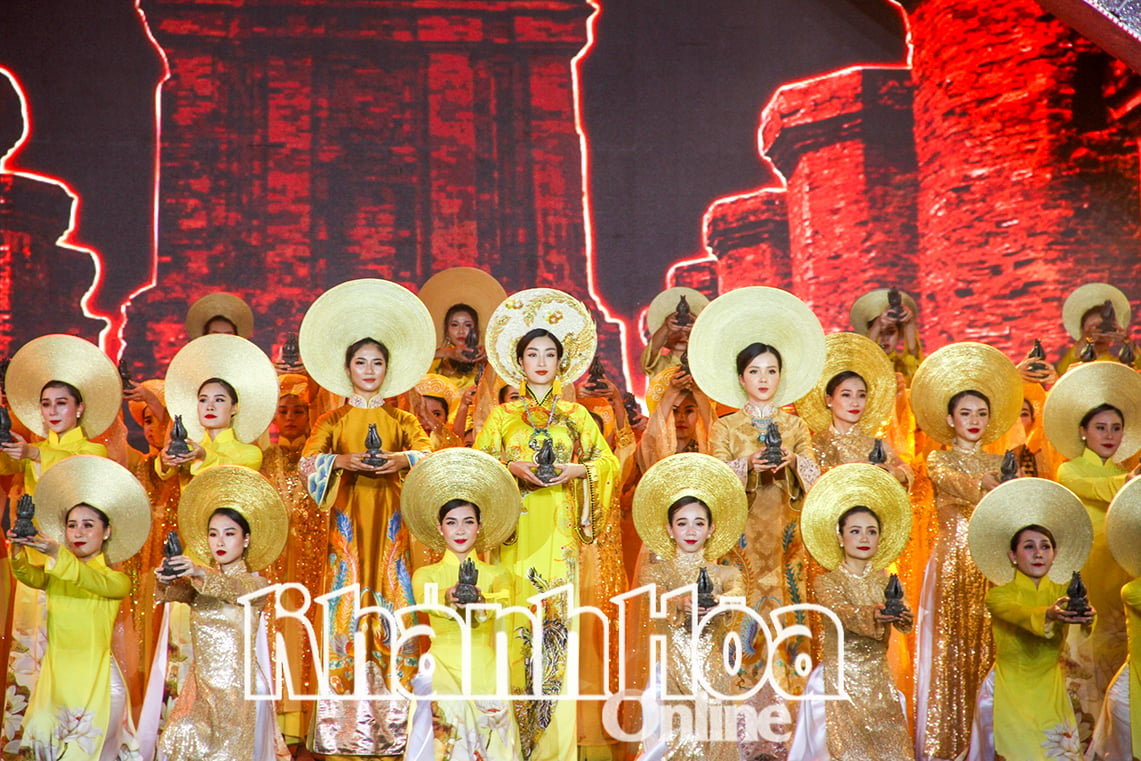
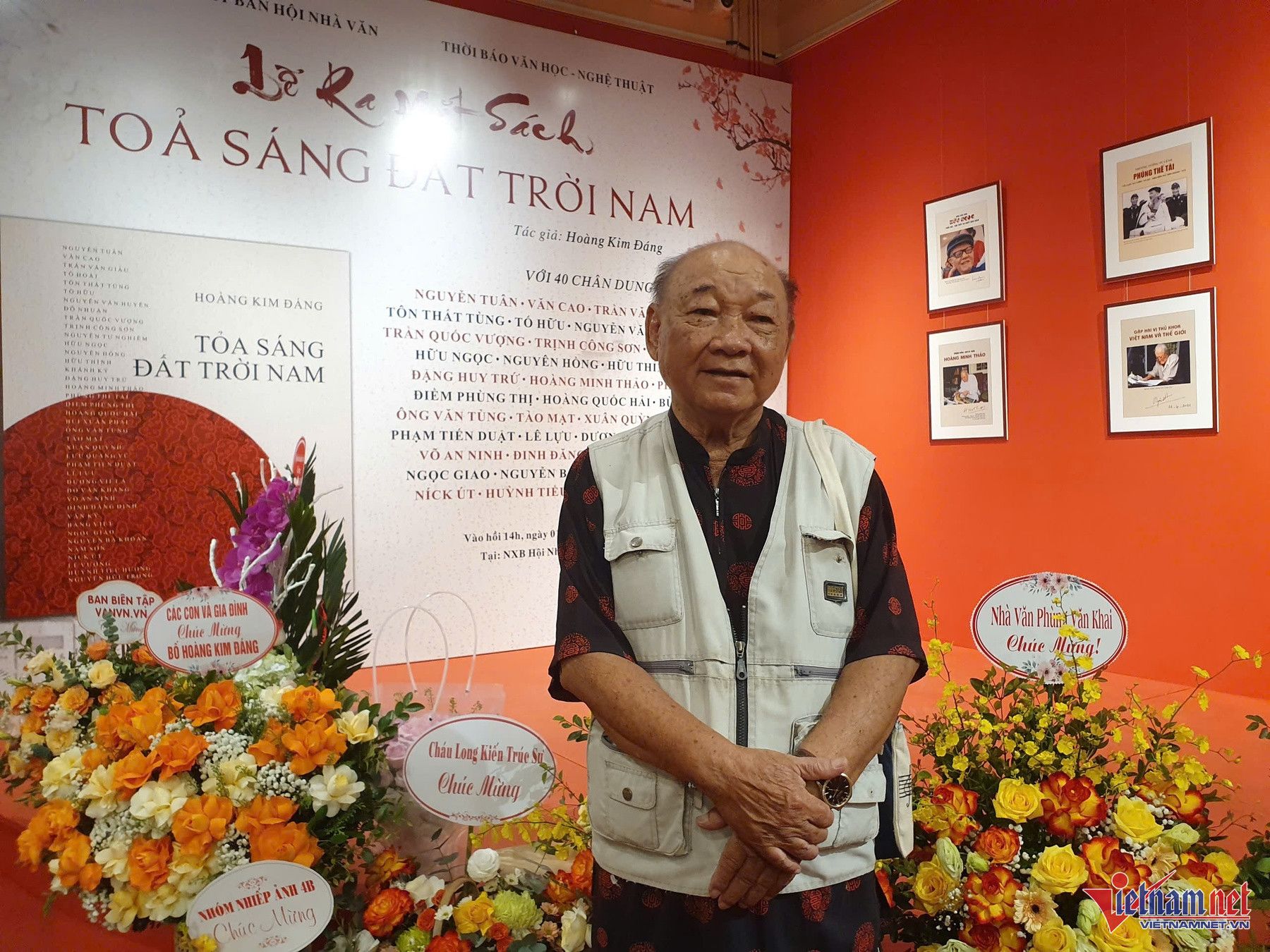



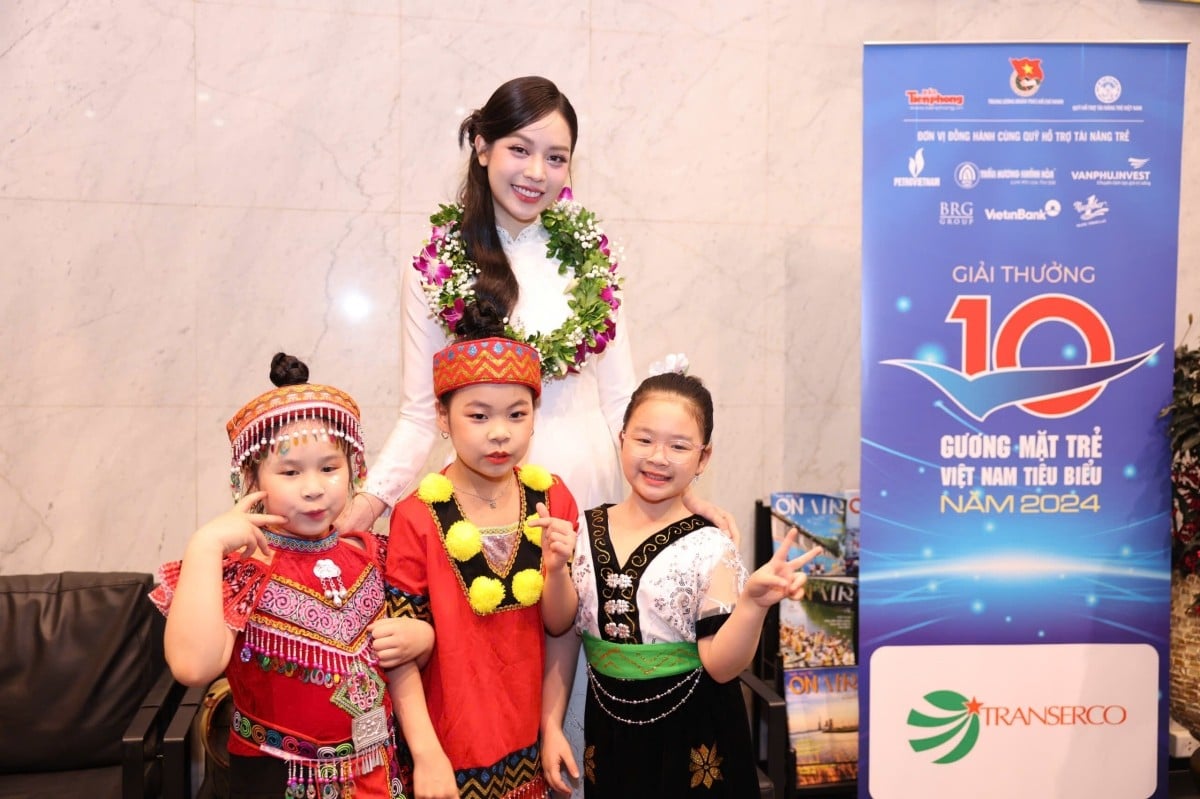

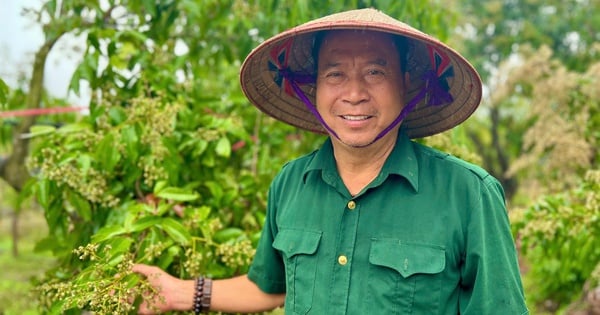









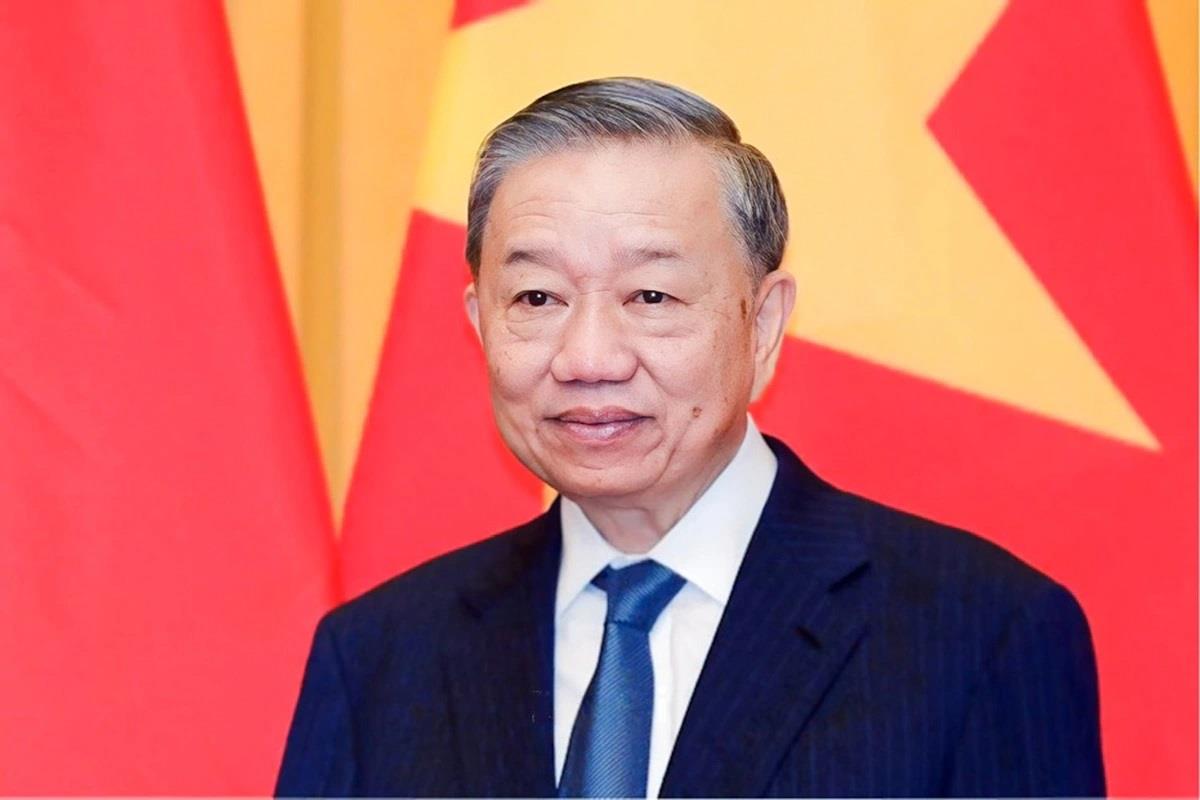
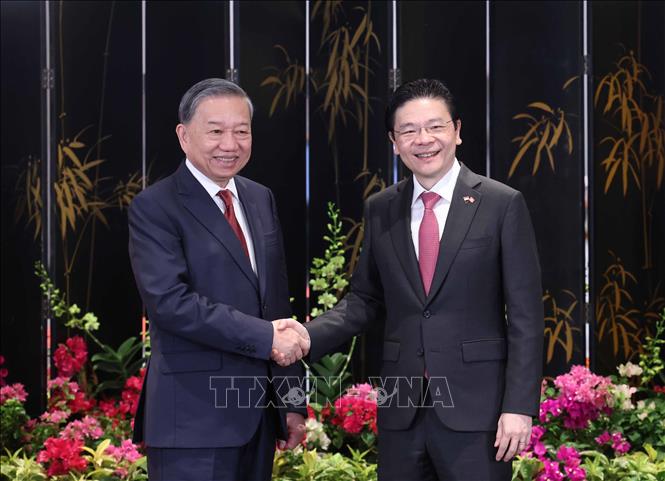
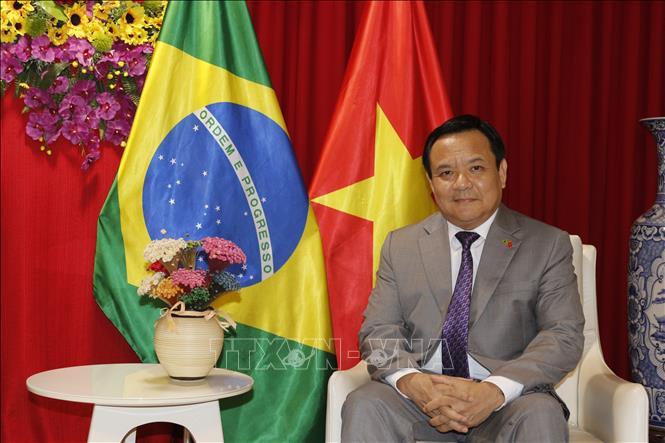





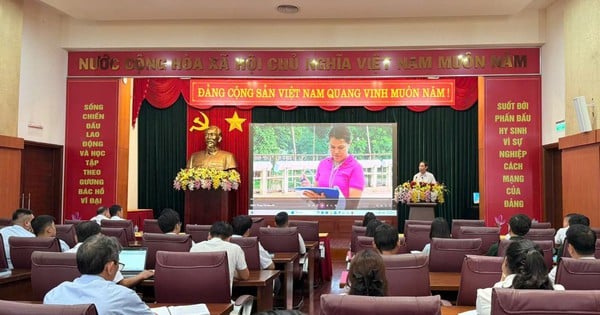

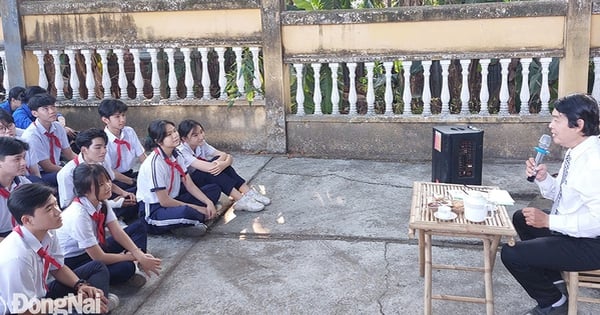

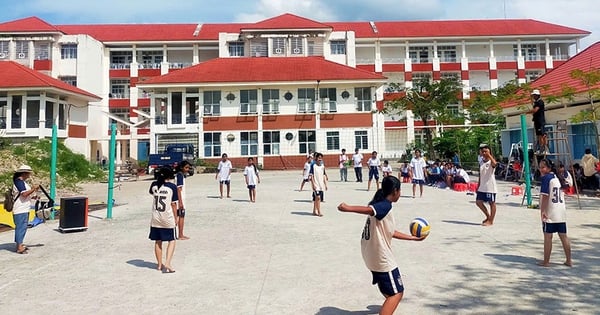



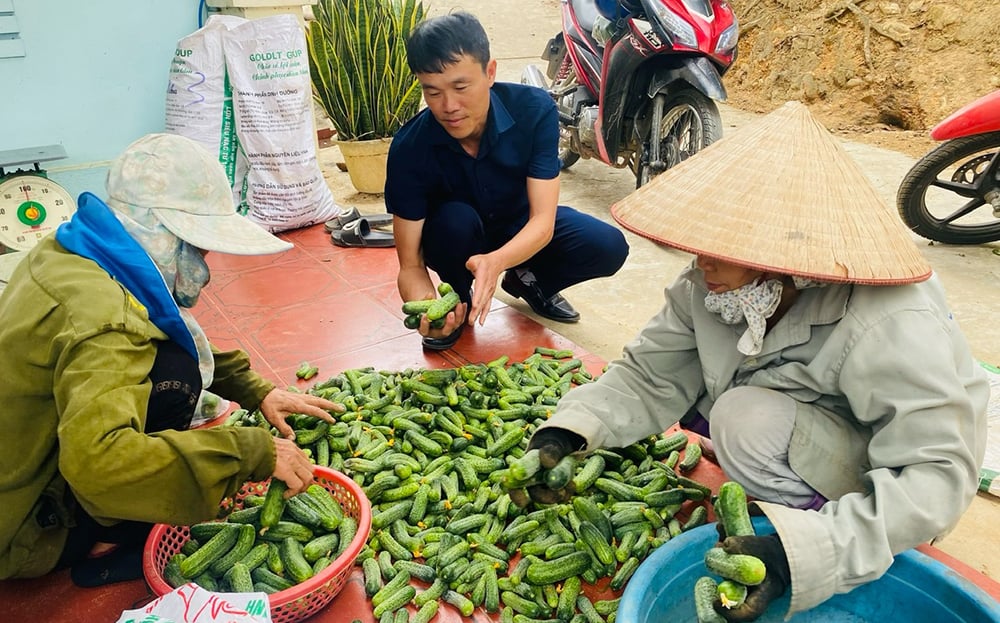
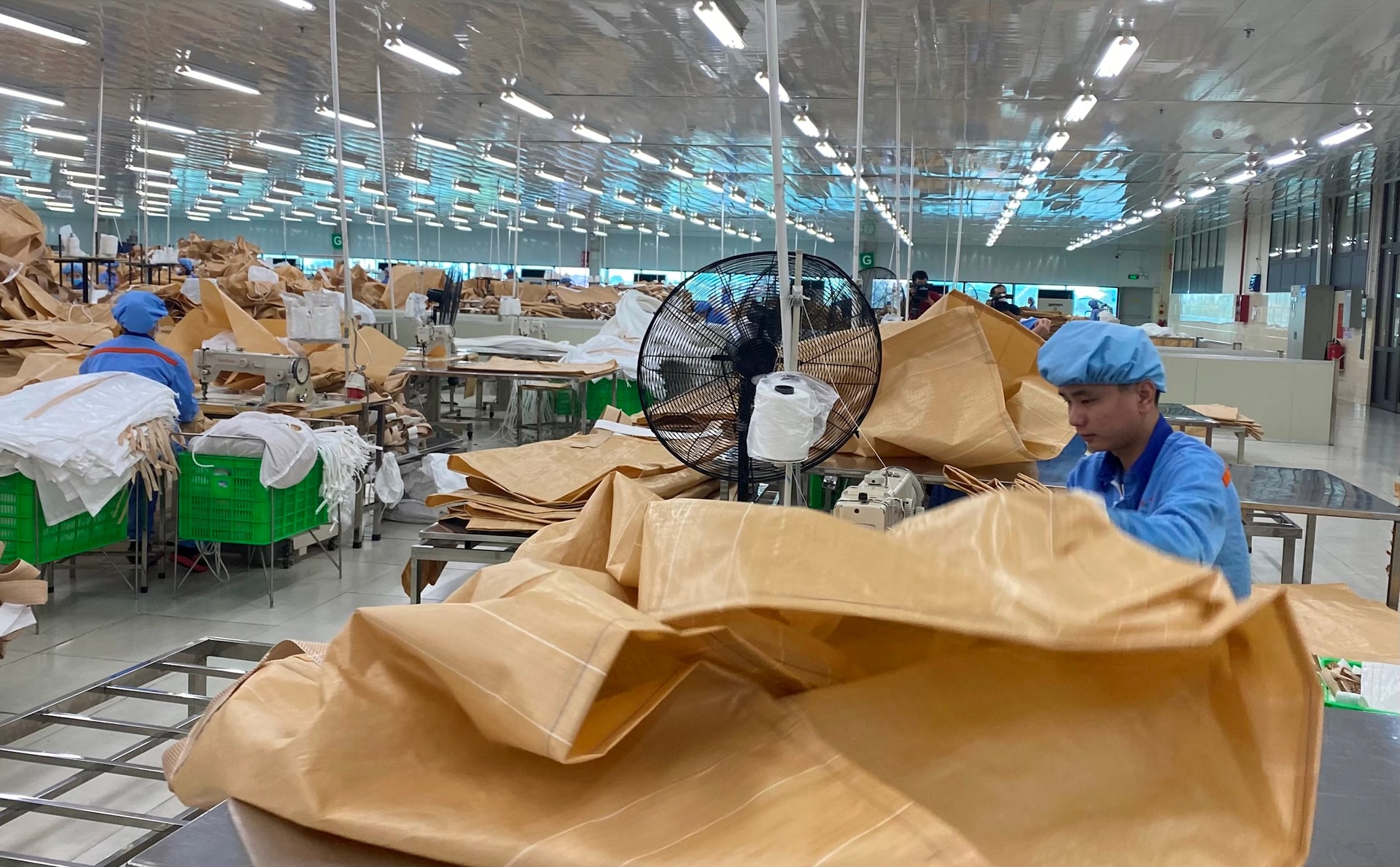
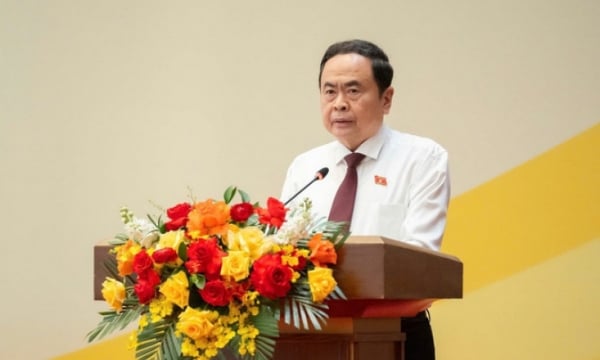
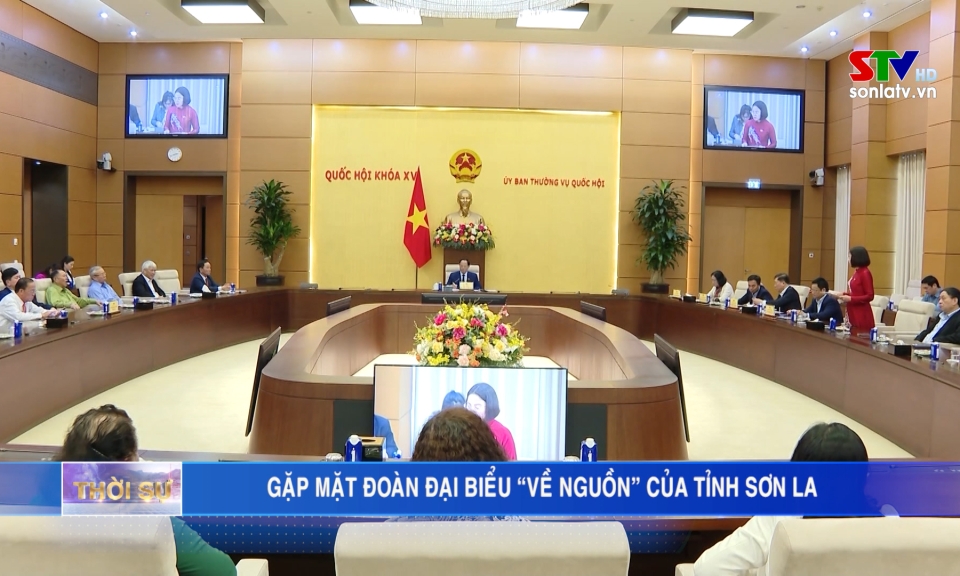
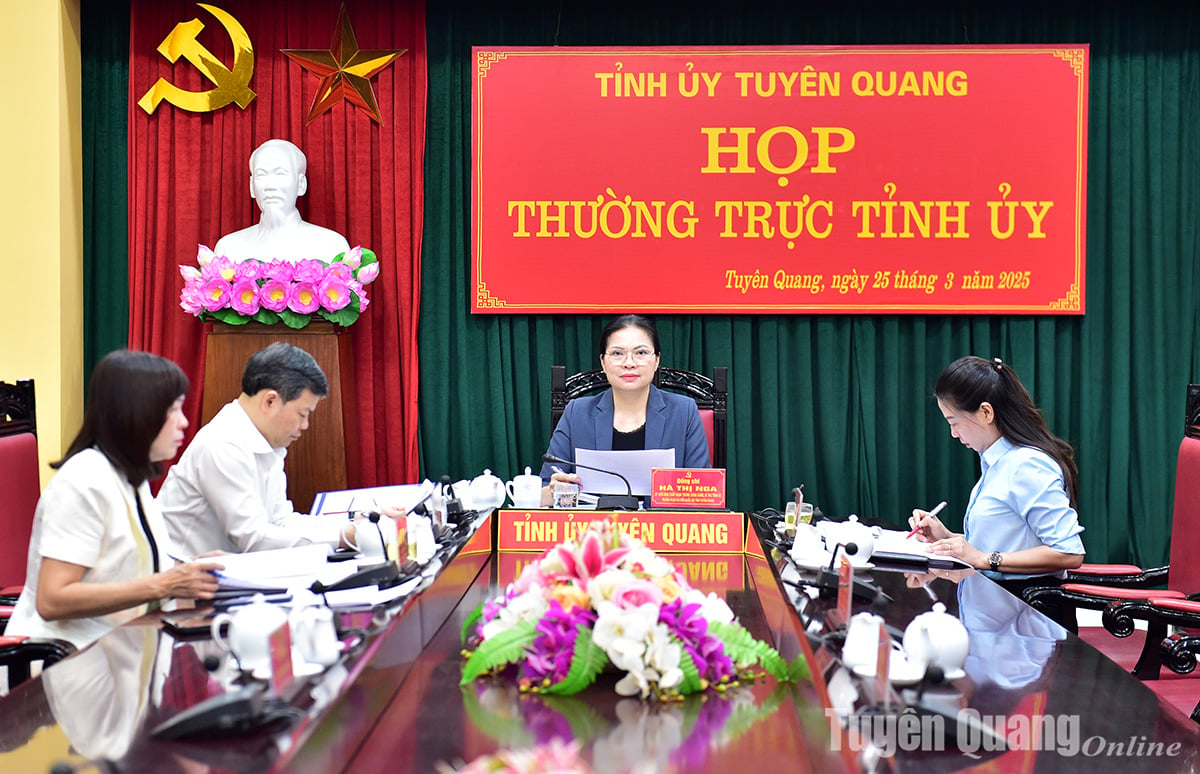
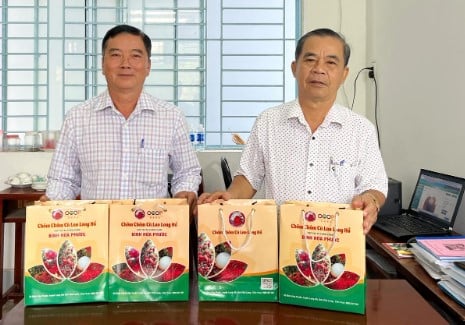




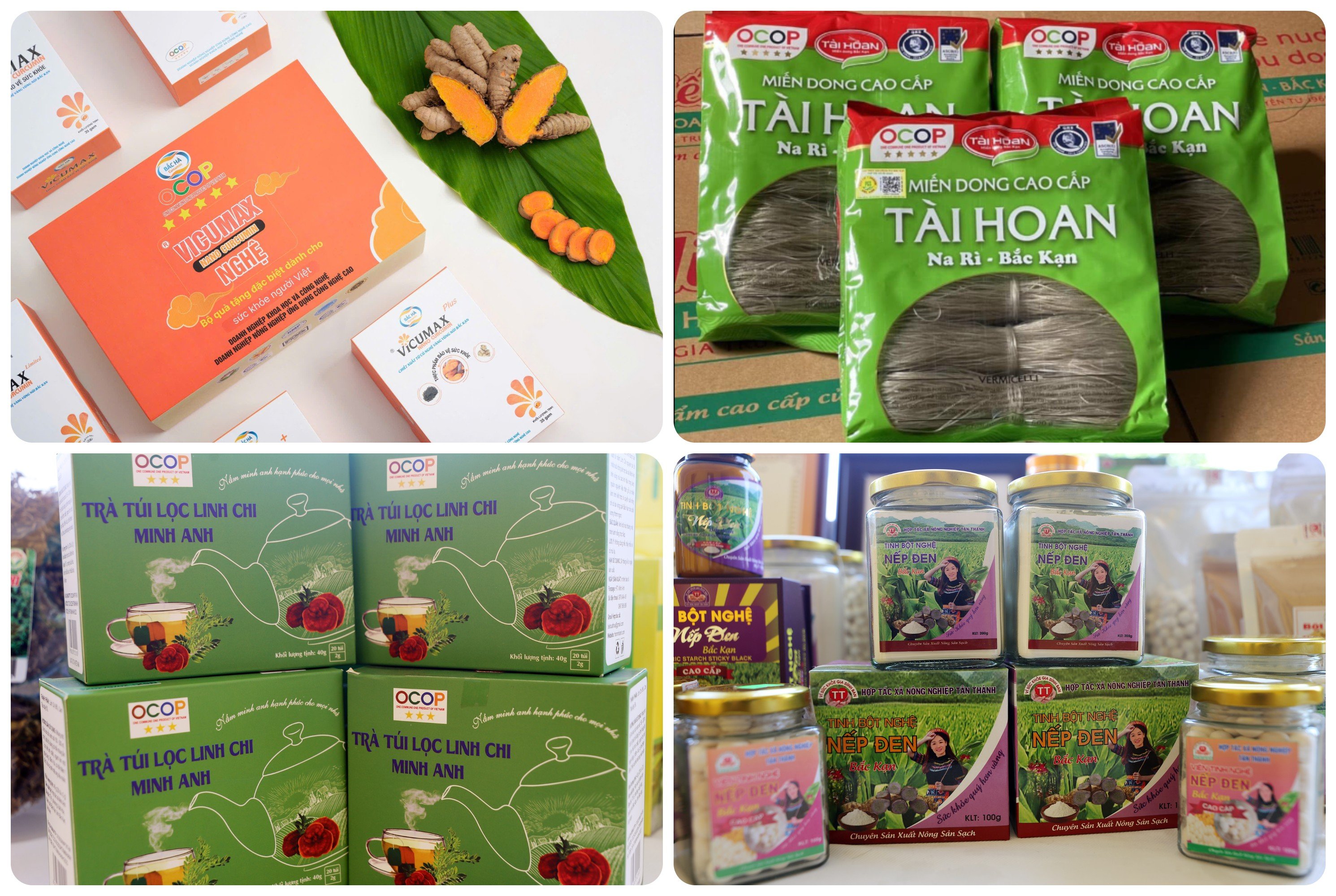
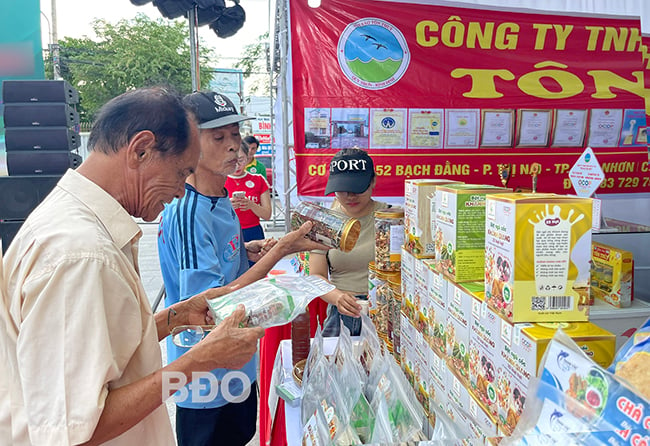
Comment (0)